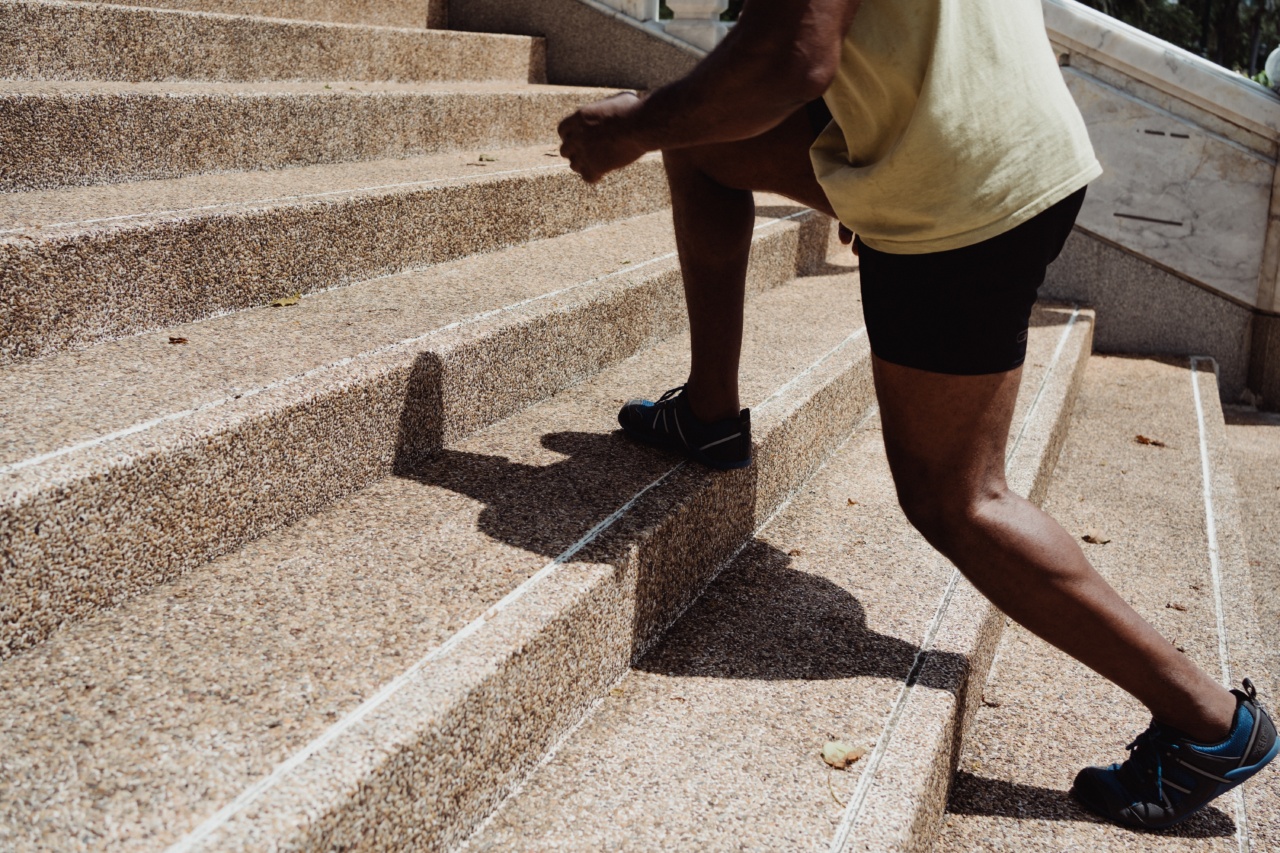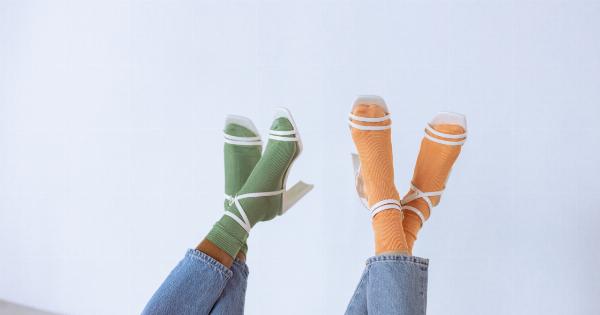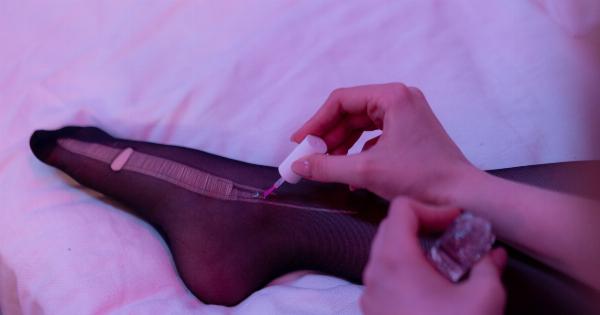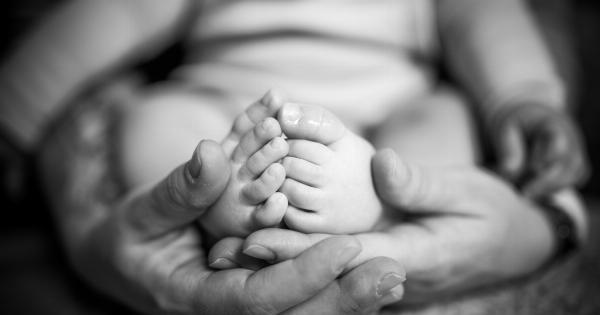Swollen feet during the summer can be uncomfortable and inconvenient, making it difficult to enjoy the warm weather and engage in activities. Whether you’re heading to the beach or planning a hike, swollen feet can put a damper on your plans.
Fortunately, there are several effective steps you can take to prevent or reduce swelling in your feet during the summer season. Read on to discover these simple yet helpful tips!.
1. Stay Hydrated
One of the primary causes of swollen feet is dehydration. When your body lacks proper hydration, it tends to retain water, leading to swelling in various parts, including your feet.
To combat this, make sure you drink enough water throughout the day, especially when the temperatures soar during the summer. Carry a water bottle with you wherever you go, and aim to consume at least 8 glasses of water a day. Staying well-hydrated will not only prevent foot swelling but also offer numerous other health benefits.
2. Elevate Your Feet
If you find that your feet are swelling after extended periods of standing or sitting, try to elevate them whenever possible. Simply propping your feet up on a stool or cushion can significantly help to reduce swelling.
Elevating your feet allows excess fluid to drain away from your feet, promoting proper circulation. This practice is particularly beneficial after a long day of summer activities or if you’ve been on your feet for hours at a time.
3. Avoid Salt and High-Sodium Foods
Your dietary choices can play a significant role in preventing swollen feet. Consuming excessive amounts of salt and high-sodium foods can lead to water retention in the body, exacerbating swelling in the feet.
Opt for a low-sodium diet that incorporates fresh fruits, vegetables, lean proteins, and whole grains. These food choices not only promote overall health but also help regulate fluid balance, reducing the risk of foot swelling.
4. Wear Comfortable and Breathable Footwear
The type of footwear you choose can greatly impact whether or not your feet swell during the summer. Tight, ill-fitting shoes can constrict blood flow and lead to fluid accumulation in the feet.
Instead, opt for comfortable footwear that offers proper support and allows your feet to breathe. Open-toed shoes, sandals, and breathable sneakers are excellent choices for the summer months. Additionally, avoid wearing shoes for long periods without a break and try to alternate between different pairs throughout the week.
5. Stay Active
Regular physical activity not only improves overall circulation but also helps reduce foot swelling.
Engaging in exercises that target your feet and ankles, such as stretching, walking, yoga, and swimming, can help promote blood flow and prevent fluid retention. Incorporate at least 30 minutes of moderate exercise into your daily routine to keep your feet healthy and reduce the risk of swelling during the summer.
6. Avoid Prolonged Exposure to Heat
Excessive heat exposure can contribute to foot swelling, especially when accompanied by dehydration. To minimize the risk, avoid spending prolonged periods in the scorching sun or in high-temperature environments.
If you must be outdoors during the hottest parts of the day, seek shade whenever possible and stay well-hydrated. Limit your time spent in saunas, hot tubs, or steam rooms as these can also lead to fluid retention and swelling in the feet.
7. Invest in Compression Socks or Stockings
If you often experience foot swelling during the summer, it may be worth investing in compression socks or stockings.
These specially designed garments provide gentle pressure on your feet and lower legs, helping to enhance blood flow and prevent fluid buildup. Compression socks are available in various levels of pressure, so consult with your healthcare provider to determine the best option for your particular needs.





























